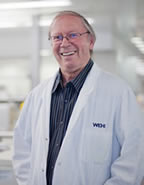
Molecular Genetics of Cancer division
Walter and Eliza Hall Institute of Medical Research
Professor Adams has advanced understanding of cancer development, particularly of genes activated by chromosome translocation in lymphomas, through molecular analysis and transgenic mouse models. By clarifying how the Bcl-2 protein family controls the life and death of cells, he and his colleagues have galvanized the development of a promising new class of anti-cancer drugs that directly engage these cell death regulators.
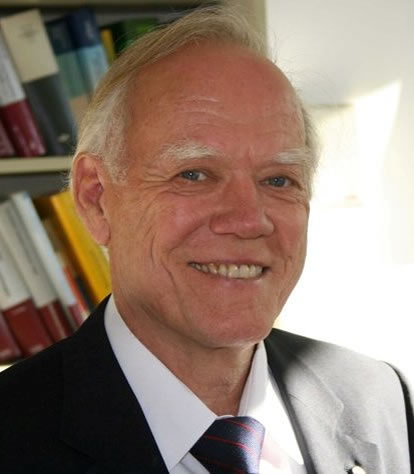
School of Chemistry and Molecular Biosciences
The University of Queensland
Numerous chemical reactions take place via so-called ‘reactive intermediates’, i.e. short-lived molecules that are undetectable under ordinary reaction conditions. In order to understand chemical reactions, it is necessary to understand the role of these reactive intermediates. Curt Wentrup has pioneered methods to study them and observe them directly by combining the technique of flash vacuum thermolysis with low temperature spectroscopy. The resulting knowledge is of fundamental importance for theoretical chemistry as well as practical applications in the synthesis of new types of compounds.
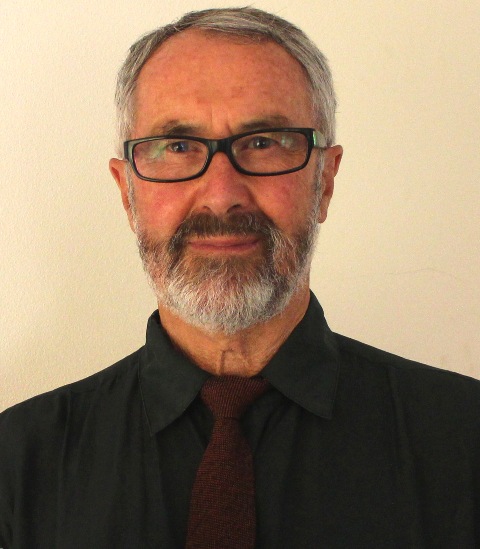
Research School of Earth Sciences
Australian National University
Dr Young is an international leader in the field of early fossil vertebrates and the application of paleontology to solving problems in biostratigraphy, biogeography and historical geology. His field work in Antarctica in the 1971 Victoria University of Wellington Antarctic Expeditions resulted in a new biostratigraphy and age determination for much of the central Transantarctic Mountains, with robust correlations to strata on the Australian mainland. His field work and mapping in central Australia (Amadeus Basin) resulted in the discovery of the oldest known vertebrate fossils on the planet, and many new sites rich in vertebrates that enabled detailed correlations throughout Australia and Gondwana.
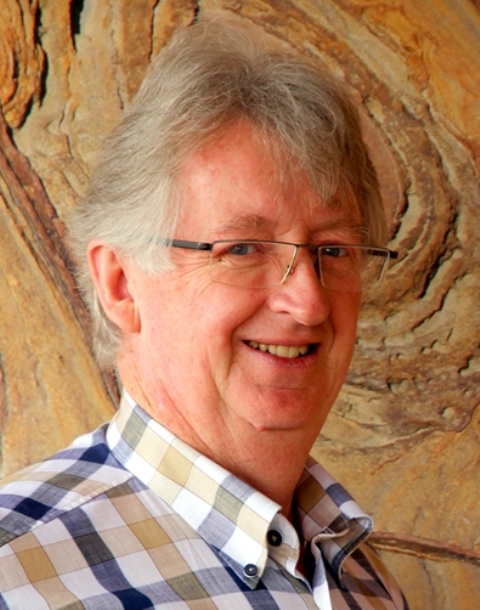
Honorary Professorial Fellow
University of Wollongong
Professor Neil Williams' career across academia, the minerals exploration industry and government epitomises a lifelong commitment to the role geoscience can play in our society, but particularly to the discovery, evaluation, and exploitation of mineral deposits including hydrocarbons. Professor Williams' leadership of the national geoscience agency from 1995 to 2010 represents an original and sustained contribution to earth sciences and has placed Australia in a global leadership position in the use and application of high quality science to manage natural resource issues.
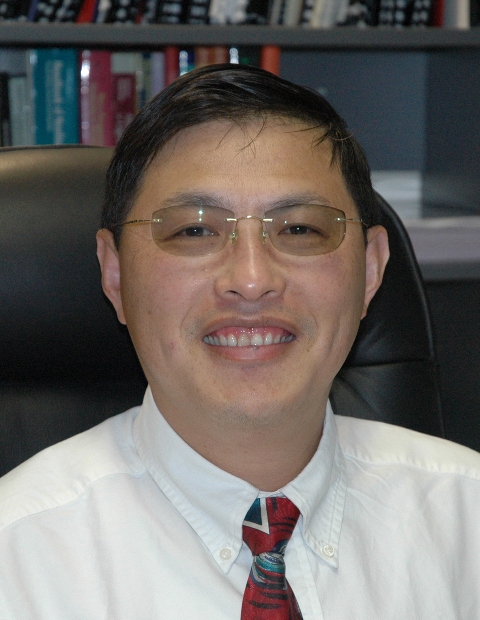
Centre for Micro-Photonics
Swinburne University of Technology
Modern technology has supported the growth and prosperity of global economies but it presents significant challenges including the information explosion, energy security and provision of cost-effective healthcare. Since it relies on light rather than electronic signals, photonics can help meet many of these challenges. As a pioneer in photonics at the nanoscale, Professor Min Gu has developed green nanophotonic innovations which have significant benefits including low energy consumption big data centres, early cancer detection and environmentally-friendly solar cells.
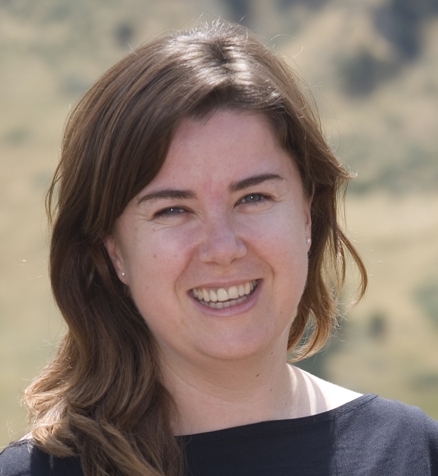
Australian Bureau of Meteorology
Julie Arblaster has been involved in, and initiated, distinguished research in the Earth sciences. Her research focuses on many aspects of the workings of the global climate system and its sensitivity to changes. The importance of her research lies in, amongst other things, how it serves to explain many of the causes of climate variability and change. Much of her research pertains directly to the climate of the Australian region, particularly with respect to the ozone hole, El Niño, the monsoon, and Australian rainfall variability.
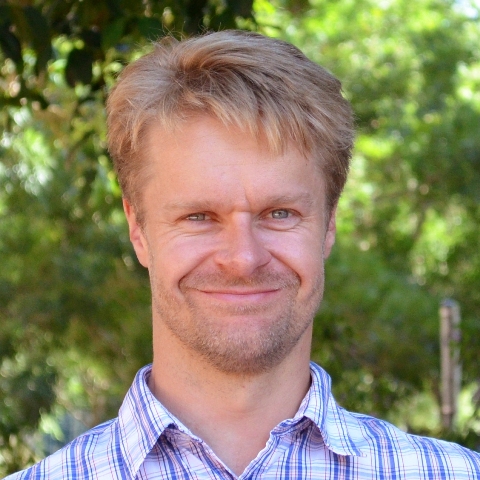
School of Mathematics and Statistics
University of New South Wales
Associate Professor David Warton has made a series of highly significant contributions to data analysis in ecology - new methods for studying size variation, ecological communities and their climatic response, and the spatial distribution of species. Associate Professor Warton's contributions have had substantial influence on statistical practice across disciplines - used in a very large number of articles, in statistics, ecology, other areas of biology, the Earth sciences, agriculture, medicine, chemistry, psychology, engineering, and physics.
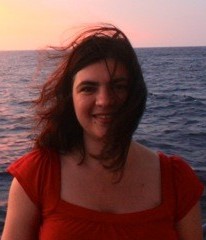
School of Geosciences
The University of Sydney
Dr Seton has made significant contributions to the areas of global plate tectonics, longterm sea-level change, global geodynamics and back-arc basin formation. Her work on global tectonics has redefined the way that traditional plate reconstructions are achieved, through the development of an innovative workflow that treats plates as dynamically evolving features rather than the previous paradigm, which modelled the motion of discrete tectonic blocks. She has been part of ground breaking studies on the effect ocean basin changes have had on global long-term sea-level and ocean chemistry.
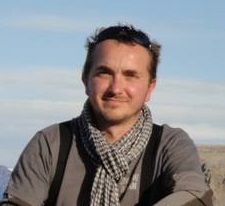
School of Biological, Earth and Environmental Sciences
University of New South Wales
Professor Turney is an internationally recognised earth scientist and research leader in both climate and environmental change, from the tropics to the poles. By pioneering new ways of combining climate models with records of past climate change (spanning from hundreds to thousands of years), he has discovered new links between variability mechanisms in the Australian region and global climate change.
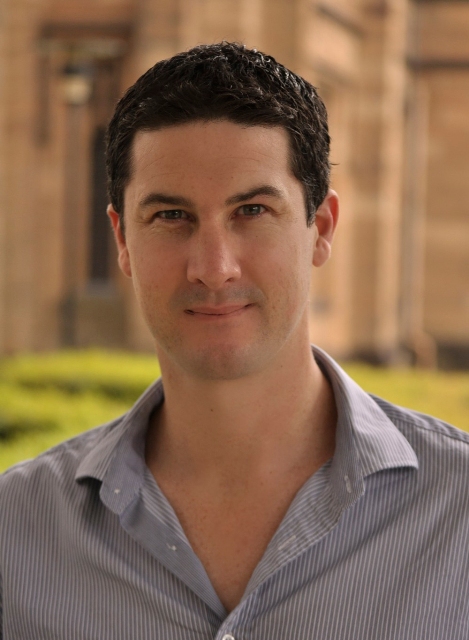
School of Chemistry
The University of Sydney
Associate Professor Richard Payne is internationally recognised for his contributions to peptide chemistry and drug discovery for neglected diseases. He has pioneered the development of important new synthetic methodologies that have enabled access to modified peptides and proteins of considerable complexity. He is also recognised for his contributions to medicinal chemistry where he has discovered, through innovative research advances, a number of lead compounds for the treatment of tuberculosis, malaria and cancer.
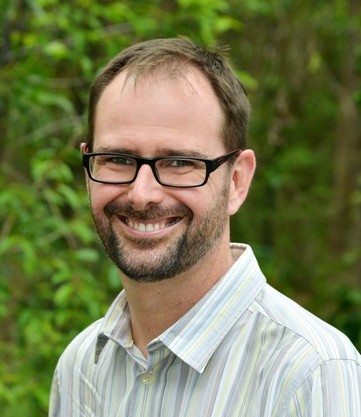
Centre for Quantum Dynamics
Griffith University
Professor Pryde's research investigates the fundamental properties of the quantum world and how these can be harnessed for radical advances in information technologies, sensing and measurement. Working with quantum states of light, Geoff has demonstrated the first quantum measurement scaling at the absolute quantum limit of measurement precision, and has realised key steps on the path towards optical quantum computing. His recent investigations of quantum entanglement and the quantum limits of amplification are providing new resources for realising ultra-secure long-range communications.
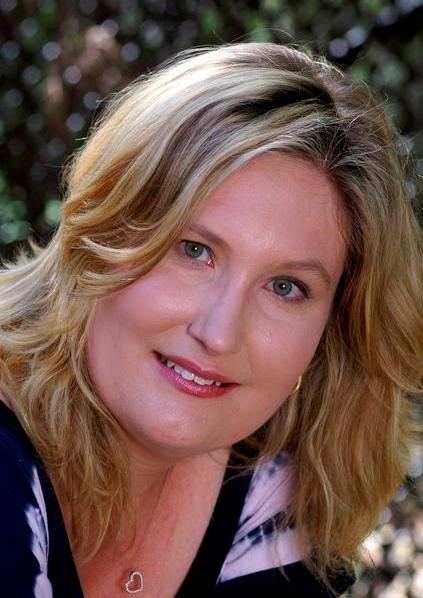
Faculty of Veterinary Science
The University of Sydney
Professor Belov's research on immunity in marsupials and monotremes provides new understanding of mammalian immune systems and has great potential for managing wildlife diseases. She overturned the paradigm that Australian mammals have primitive immune systems and demonstrated they have immune gene complements similar to our own. She discovered that it is low diversity in the major histocompatibility complex that allows the spread of Tasmanian devil facial tumour disease, and has identified novel antimicrobial and venom peptides of potential biomedical relevance.
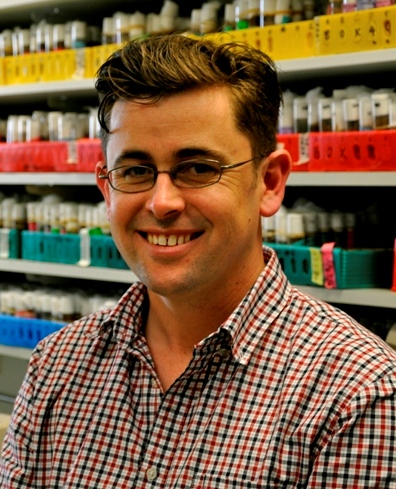
Peter MacCallum Cancer Centre
Cancer Research Division
Associate Professor Kieran Harvey’s research findings are important for understanding species diversity and development, and are directly relevant to human diseases such as cancer. Organ size-control is a fundamental aspect of biology and varies greatly among animals. Signalling networks that control organ size are only beginning to be unravelled. Foremost among them is the recently discovered Hippo pathway. Greater knowledge of size control will potentially have a huge impact on human cancer and degenerative diseases, and provide fertile ground for therapeutic interventions. Associate Professor Harvey was an integral member of the team that discovered the Hippo pathway. He was also was the first to show that the Hippo pathway is evolutionarily conserved, and that it is mutated in human cancer. More recently, Associate Professor Harvey' s laboratory discovered that the Hippo pathway controls organ regeneration.
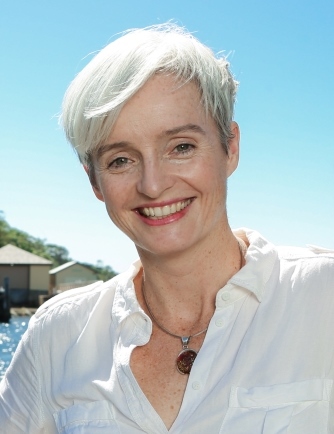
School of Biological, Earth and Environmental Sciences
The University of New South Wales and
Sydney Harbour Research Program
Sydney Institute of Marine Science
Professor Johnston is Australia’s leading young investigator of human impacts on marine systems. Her research has broken new ground by combining traditional laboratory studies with novel field-based experiments in Antarctica, the Great Barrier Reef, and temperate Australian estuaries. Her work has earned respect in both the international ecological and ecotoxicological fields.
Professor Johnston’s work has generated critically important findings on the causes and consequences of bio-invasion. As a result, she has not only found the first evidence that pollution facilitates the invasion of marine systems, but also discovered that heritable pollution tolerance promotes invader dominance, published the first studies of marine invasion that control exposure to marine invasive larvae, and identified the potential for translocation of non-indigenous species via small-scale disruptions to antifouling surfaces.
Director of the Sydney Harbour Research Program for SIMS, Professor Johnston has demonstrated outstanding leadership in the field – all the more remarkable given that her PhD was received just 11 years ago.
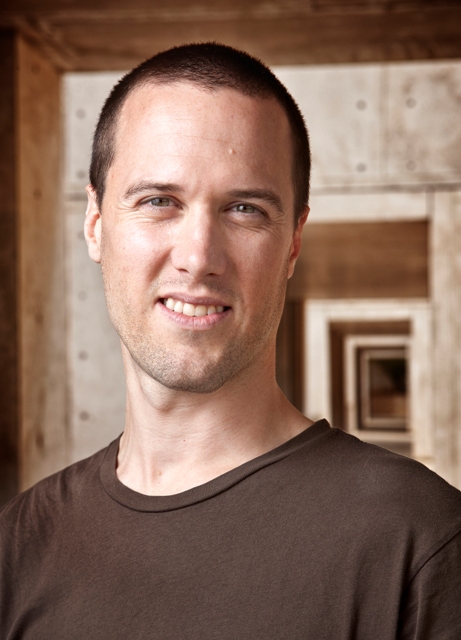
School of Chemistry and Biochemistry
The University of Western Australia
Professor Ryan Lister studies the epigenome, the millions of molecular signposts added to the genome to regulate the activity of the underlying genetic information. His development of key techniques to map the epigenome has enabled major advances in our understanding of its role in gene regulation in both plants and animals. Professor Lister’s investigation into epigenome dynamics during mammalian brain development has provided the first comprehensive maps of epigenome dynamics through mammalian brain development, in both humans and mice. His discoveries provide an essential foundation to understanding the role of the epigenome in mammalian gene regulation and brain development.
© 2026 Australian Academy of Science